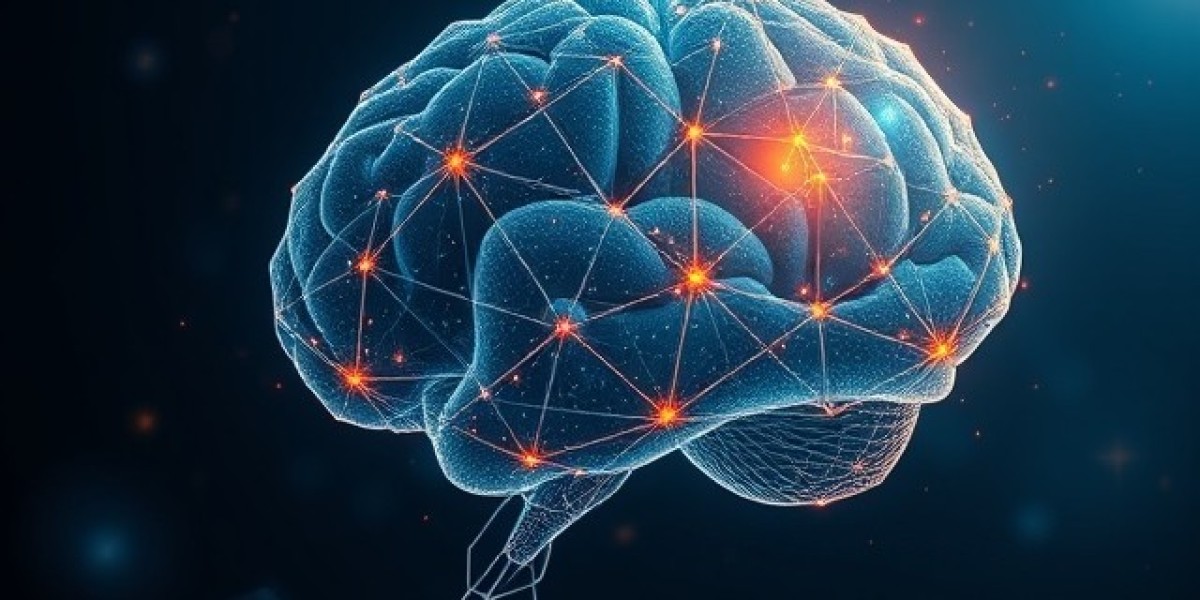Water plays a crucial role in promoting cognitive development in infants. Adequate hydration supports various brain functions and overall health, making it a vital factor for healthy growth. For parents, ensuring that their baby receives the necessary fluids is essential to fostering optimal cognitive and physical development.
What is Cognitive Development?
Cognitive development refers to the growth of a baby’s brain in terms of processing information, understanding relationships, and problem-solving. This development is key to a baby’s ability to engage with their environment effectively. Early cognitive growth includes recognizing patterns, developing memory, and beginning to reason, all of which are foundational for learning, social interaction, and communication.
- Foundation for Learning: Cognitive development is the basis for future learning, allowing babies to build problem-solving skills and grasp fundamental concepts.
- Language Skills: It aids in language development, helping infants comprehend speech and communicate verbally with others.
- Social Interaction: As babies’ cognitive abilities expand, they become better at understanding social cues, which is important for forming relationships and learning social behaviors.
The Critical Role of Water in Infant Health
Water is essential to various bodily functions, including transporting nutrients, regulating temperature, and supporting biological processes. For infants, staying hydrated is even more important, as their bodies are still developing and less efficient at maintaining homeostasis.
- Temperature Regulation: Infants have a higher metabolic rate and less ability to regulate body temperature. Hydration helps prevent overheating, especially in warmer climates.
- Digestive Health: Water aids digestion and helps prevent constipation, ensuring proper nutrient absorption.
- Cognitive Function: Adequate hydration supports optimal brain function, which directly affects cognitive development.
- Weight Management: Proper hydration helps regulate metabolism and prevent overfeeding, as thirst is sometimes confused with hunger in babies.
The Importance of Electrolytes in Infant Hydration
Electrolytes, such as sodium, potassium, and chloride, are vital for maintaining hydration and supporting bodily functions in infants. These minerals ensure proper fluid balance and allow nerve and muscle systems to function smoothly. When infants become dehydrated, whether due to illness or heat, they may lose a significant amount of these electrolytes, requiring careful replenishment.
- Electrolyte Balance: When dehydration occurs, it is essential to restore both fluids and electrolytes. Pediatricians often recommend oral rehydration solutions tailored for infants to safely address this issue.
- Signs of Imbalance: Parents should be aware of signs of electrolyte imbalance, such as unusual lethargy, dry diapers, or reduced saliva. Consulting a healthcare provider ensures that the baby’s hydration and electrolyte needs are appropriately addressed.
How Water Supports Infant Cognitive Development
Water's influence on brain development is substantial, particularly during infancy when the brain is rapidly growing and forming neural connections. Proper hydration supports various cognitive processes that are vital for learning and development.
- Enhances Neural Communication: Hydration is essential for efficient neural communication, enabling electrical signals to travel smoothly throughout the brain. This process is crucial for developing cognitive functions such as learning, memory, and reasoning.
- Promotes Concentration and Alertness: Hydrated infants tend to be more alert and focused, which supports their ability to engage with their environment. These are foundational elements for cognitive development.
- Memory Function: Hydration helps maintain memory, allowing babies to recognize familiar faces, objects, and routines, all of which contribute to their cognitive growth.
- Mood Regulation: Proper hydration can positively influence mood, helping infants remain calm and receptive to learning.
- Attention Span: Hydrated babies can focus better, supporting their ability to solve problems and explore the world around them.
Guidelines for Ensuring Adequate Hydration in Infants
Proper hydration is key to promoting both physical health and cognitive development in infants. However, the amount of water a baby needs depends on their age and stage of development.
- 0-6 Months: At this age, infants do not require extra water. Breast milk or formula provides all the hydration and nutrients they need.
- 6-12 Months: As babies begin to eat solid foods, small amounts of water (about 4-8 ounces a day) can be introduced. However, breast milk or formula remains the primary source of nutrition and hydration during this period.
Recognizing and Preventing Dehydration in Babies
Dehydration in infants can lead to serious health issues, affecting their overall development, including cognitive growth. Recognizing early signs of dehydration is crucial for parents and caregivers.
- Sunken Soft Spot: A sunken fontanelle, or soft spot on a baby’s head, can indicate dehydration and should be addressed immediately.
- Dry Mouth and Lips: A decrease in saliva production, resulting in a dry mouth or chapped lips, is often an early sign of dehydration.
- Fewer Wet Diapers: If your baby produces fewer than six wet diapers in 24 hours, this could indicate insufficient fluid intake.
- Lethargy: A dehydrated baby may seem unusually tired, irritable, or uninterested in their surroundings.
- Crying Without Tears: If an infant cries without tears, it may be a sign that they are not getting enough fluids.
Conclusion
Water is essential to the cognitive development of infants, playing a pivotal role in supporting brain function, memory, and attention. Parents and caregivers must ensure that babies receive the appropriate amount of fluids to support both physical health and cognitive growth. By staying vigilant for signs of dehydration and understanding the critical role of hydration, parents can help their infants achieve important developmental milestones.
christmas ornaments made with cricut
cricut design space 3d flowers
Valentine’s Day Cricut designs
Sarcastic quotes for Cricut projects
Mountain cut file for Cricut








